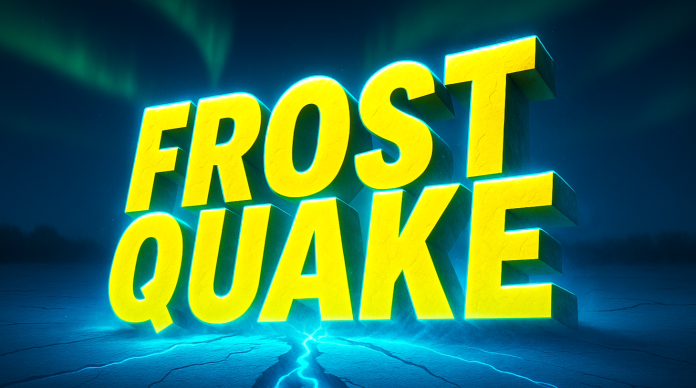Charleston, WV – From Charleston to Morgantown, West Virginians may soon hear startling booms echoing through frigid nights — but experts say it’s not blasting or thunder. According to the West Virginia Geological and Economic Survey (WVGES), those mysterious sounds are likely frost quakes, sudden cracking events caused when frozen ground gives way under pressure.
Also known as cryoseisms, frost quakes occur when water from rain or melting snow soaks into the soil and then freezes too quickly. As that moisture expands into ice, it builds immense pressure underground until the ground suddenly splits — releasing energy in a sharp, thunder-like crack that can rattle homes or windows.
Meteorologists say West Virginia’s pattern of mild rain followed by sharp cold snaps is a perfect recipe for frost quakes. Areas with little snow cover are most at risk, since snow usually acts as insulation. The risk is highest in central and northern parts of the state, where temperatures are forecast to drop from above freezing to the low teens within 24 hours.
Frost quakes typically occur between midnight and dawn, when temperatures bottom out. They are brief and harmless but can cause small cracks in pavement or frost heaves in the soil near the epicenter.
Experts recommend keeping water away from foundations and ensuring proper drainage before major freezes hit.
So if you’re awakened by a sudden boom on a calm, icy night from Charleston to Morgantown, it’s not thunder — it’s the frozen West Virginia ground splitting beneath winter’s deep chill.





